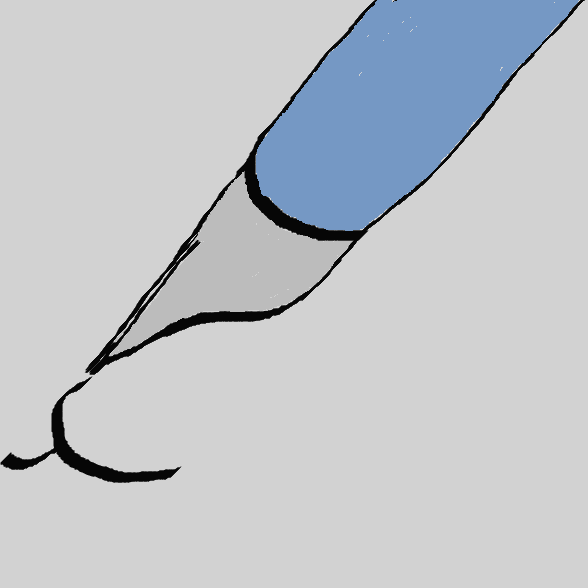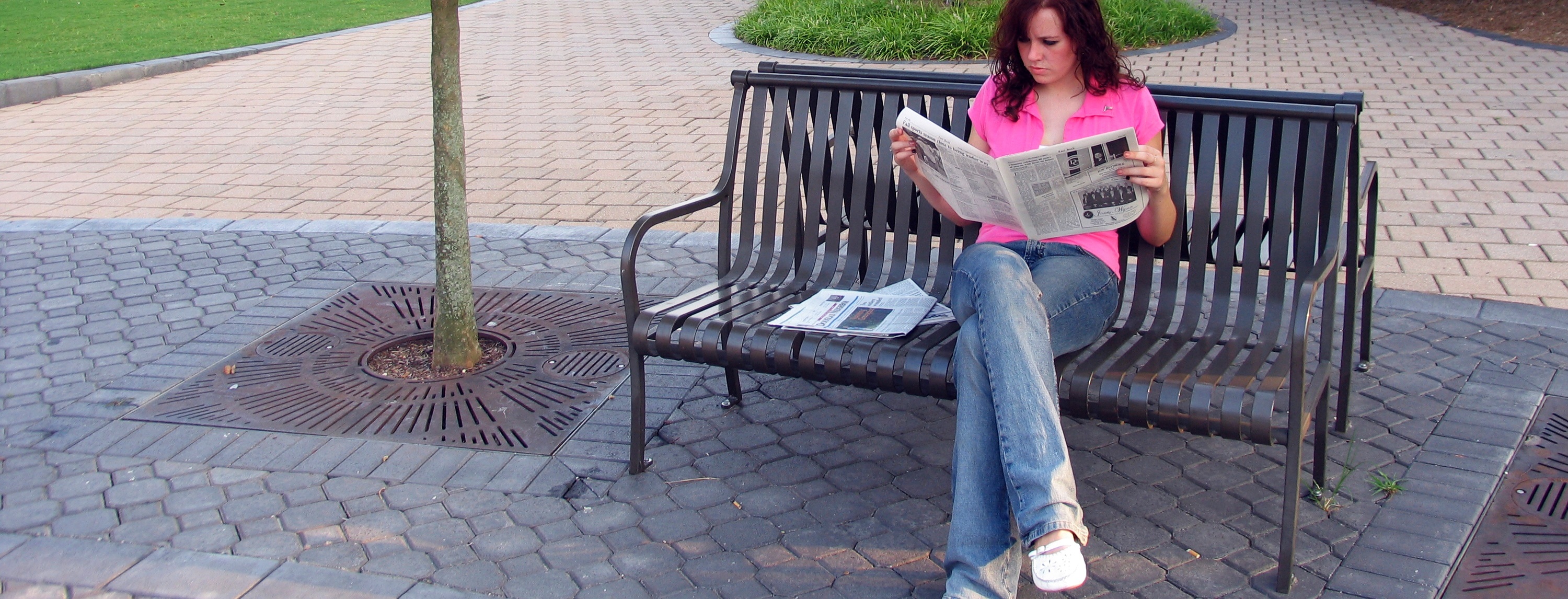
Incidents from Tilebury's History
Dr Harriet Longstepp
1 January
Syliva Spencer's Spies.
Firstly, I am honoured to take up the mantle of this column from the much missed, Dr Harding. It is with both pride and regret that I step into her shoes after all that has happened to do my meagre best to interest you in stories of our little home.
I will be reopening the village museum very soon once it has been possible to catalogue the copious records which Dr Harding left but for which I have been unable to identify any form of indexation or record.
Having said this it has not taken me long to stumble, like many great archeologists before me (although few can have had to have worked in such disordered ruins) on a series of gems of our local history lying broken and deranged amid the detritus of the museum's artefacts. The first of these - the Spies of Sylvia Spencer - I intend to share with you today.
Sylvia was a fearsome agent in her own time. In the Boer war she sneaked into a concentration camp posing as the daughter of a disinherited Africaans landowner, ingratiated herself with the sister of the Boer commander in Eastern Transvaal and wheedled out of her personal details about his addiction to opium which allowed the British to later poison him. She was very heroic. She had no connection with Tilebury at this time.
By the Second World War, Sylvia was too old for further assignments. Instead her skills (including fluency in eight European Languages and iziZulu) were put to use in training future spies. For this purpose she was assigned use of the facilities of Chennan House (outside Tilebury) which at the time stood empty.
Tilebury was sufficiently remote and unlikely
to be bombed that Whitehall considered it an ideal location for such secret activities. On arrival,
Sylvia is said to have inspected the village and despatched a rapid telegram to Lord Beaverbrook
agreeing with this assessment. She is said to have reported that there is nothing here which will
interest the Germans. They are, after all, a civilised people.
Chennan House (which Sylvia variously described as a ponderous excresence of tastelessness, a positive horror and the most heinous, hulking hovel in which I have ever been habituated to hunker down) soon became the epicentre of Sylvia's, sometimes eccentric, school for spies.
There was hand to hand combat in the rose-walk in which contestants were first handicapped by having one or more limbs strapped to splints wrapped in towels, blindfold pistol shooting against the cow-shed wall, knife throwing in the long gallery and squads of trainee-fifth-columnists jogging up and down the stairs at all hours reciting translations of Homer and Bunyan in Axis languages.
Perhaps most remarkable, however, was the diet. Every day Sylvia would sneak into the kitchens and place
a near-fatal dose of a common poison into one of the dishes. The exhausted cadets were required each night
to assess where the poison lay and avoid eating it. Those who chose wrong could expect, in
Sylvia's terms to build up their tolerance
against future attacks when out in the field.
In the three years during which Sylvia's spy school functioned, forty-four operatives graduated to active service, twenty one of whom were captured and an additional eight were killed. During training a further fourteen met their deaths from a range of causes including in one instance, failure to escape from being tied to a lit powderkeg before it exploded.
Sylvia believed in toughening her cadets up and those survivors who remember their time in Chennan House often recall that they were glad to be posted into Nazi occupied territory at the end of their training.
The school was closed in 1944 after a promising linguist was accidentally beheaded by
a booby trap laid across the door of the gentlemen's outdoor lavatory. Upon hearing the news,
Sylvia is said to have telegrammed Lord Beaverbrook with the professional if enigmatic comment
I'm leaving. As a good spy I intend to forget everything about this place
. She returned
to London where three days later she was appointed ambassador to Liberia. Unfortunately she
never took up the post (which would have made her the first ever female British ambassador by over 30
year) as she died on VJ day 1945 of botulism. She was buried in her home town of Bury.
I have no doubt that Sylvia enjoyed her time in Tilebury.
Articles from other months are linked from the side bar.
Please address all communications for the attention of The Editor, The Mews Office, Market street.
We have a box at the post office for ideas and notes.

